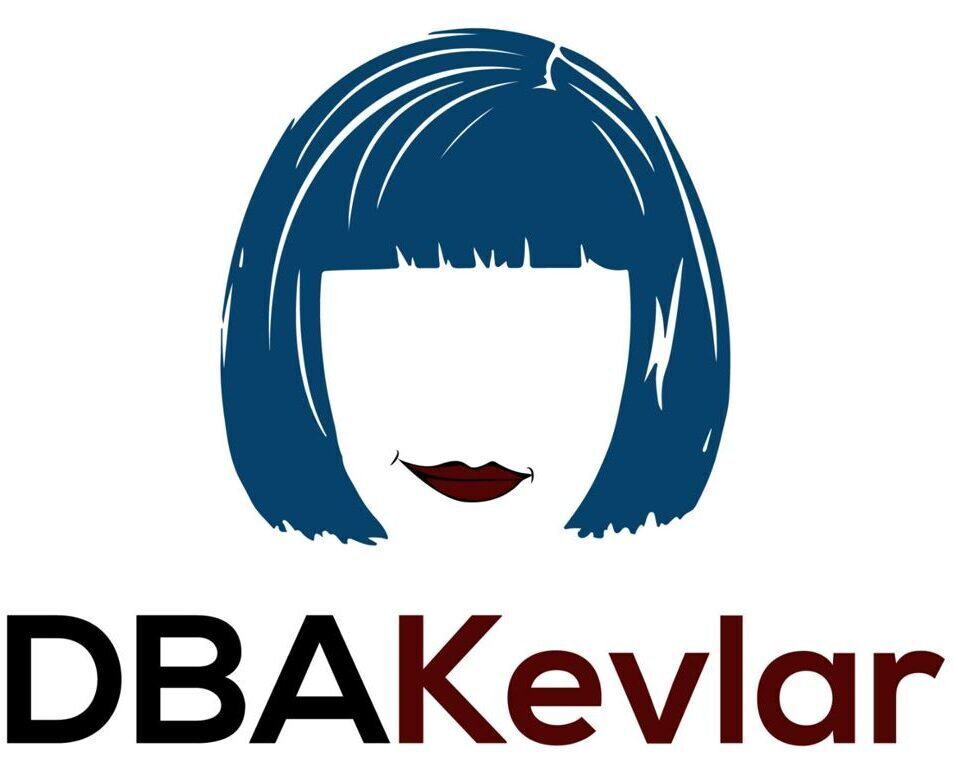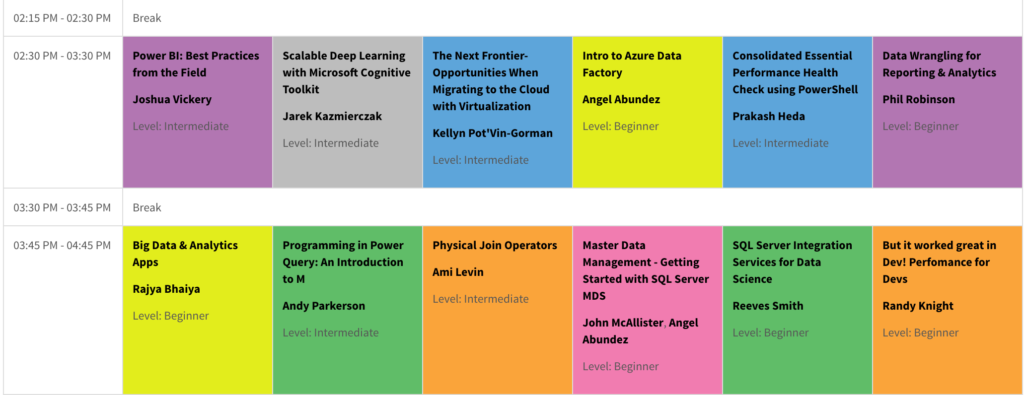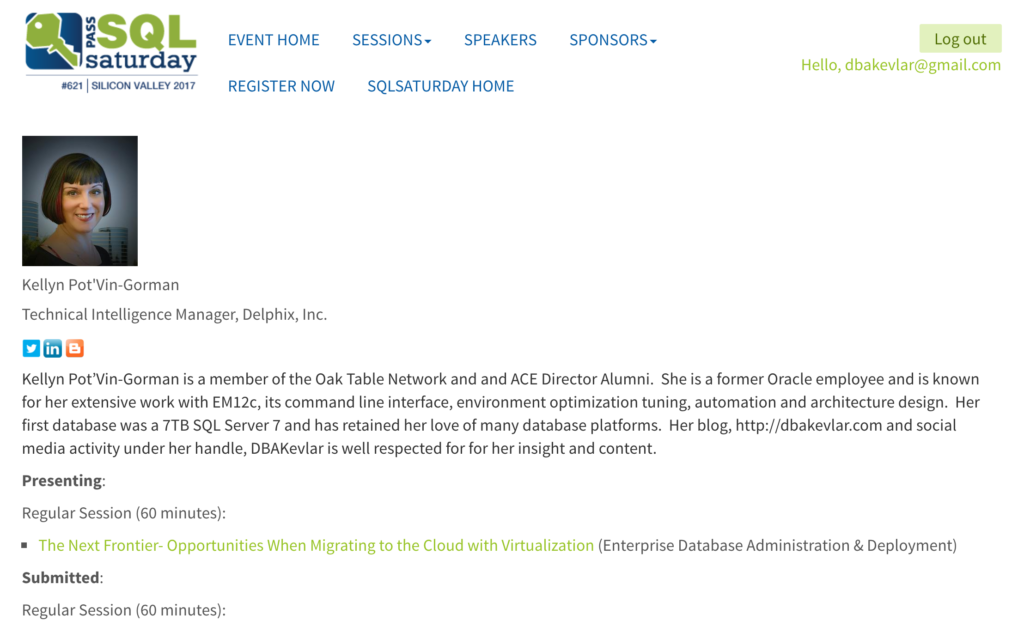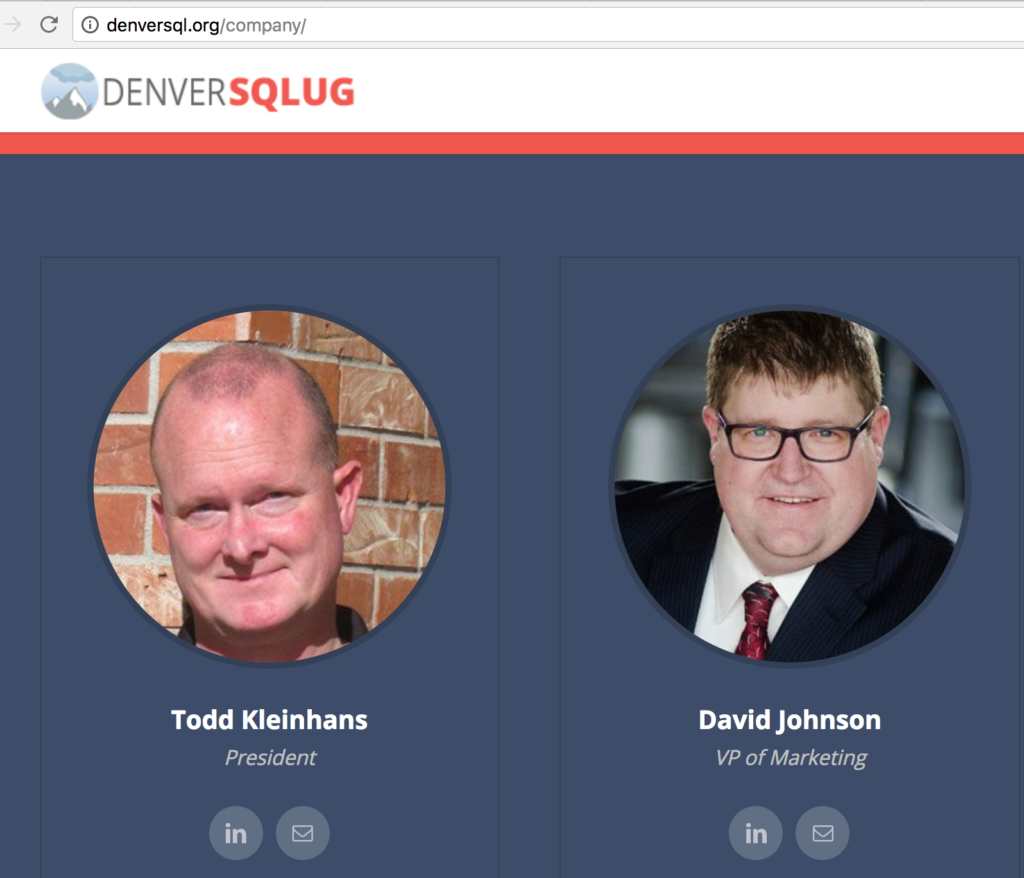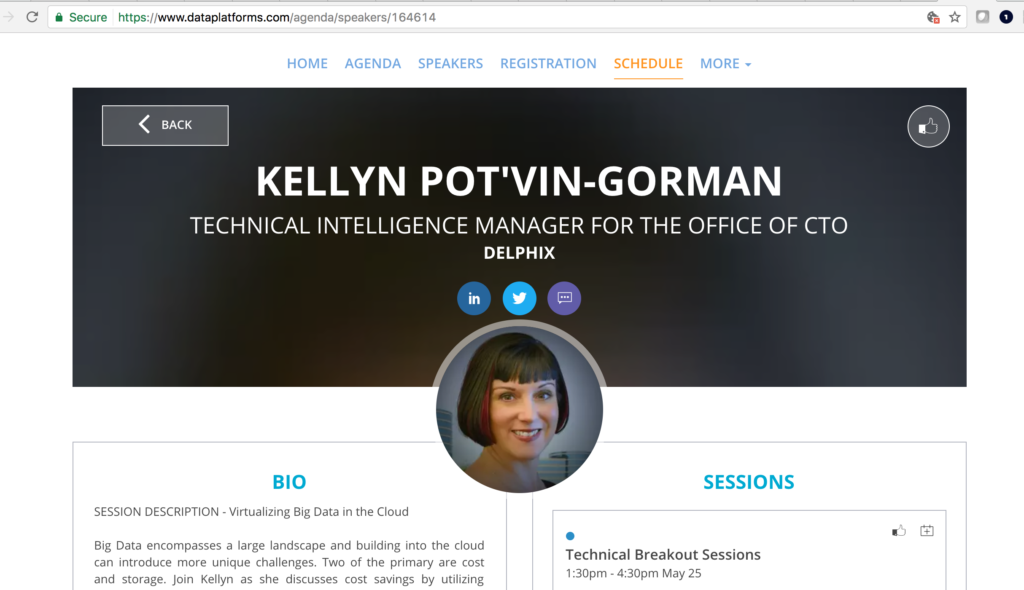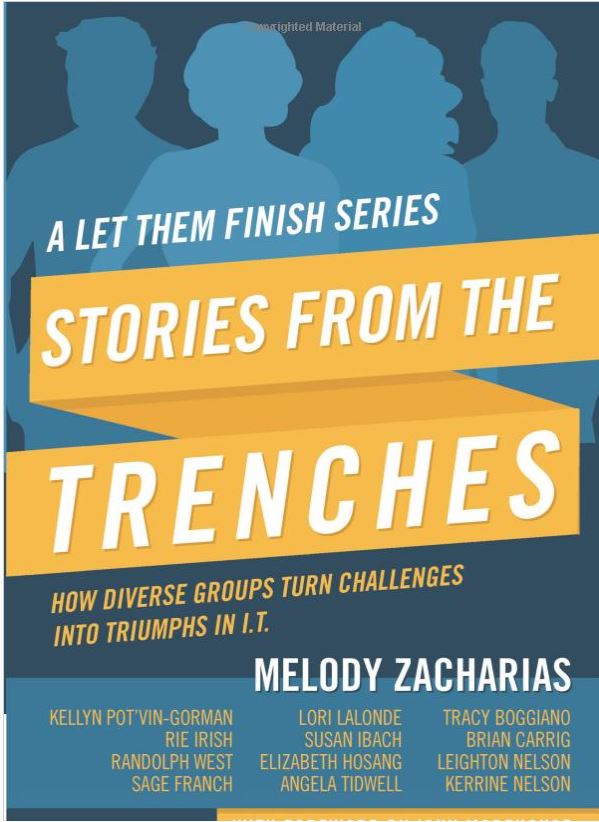I was in a COE, (Center of Excellence) meeting yesterday and someone asked me, “Kellyn, is your blog correct? Are you really speaking at a Blockchain event??” Yeah, I’m all over the technical map these days and you know what?
I love the variety of technology, the diversity of attendance and the differences in how the conferences are managed. Now that last one might seem odd and you might think that they’d all be similar, but its surprising how different they really are.
Getting to Know You
Today I’m going to talk about an aspect of conferences that’s very near to my heart, which is networking via events. For women in technology, there are some unique challenges for us when it comes to networking. Men have concerns about approaching women to network- such as fearful of accusations of inappropriate interaction and women have the challenge that a lot of networking opportunities occur outside of the workplace and in social situations that we may not be comfortable in. No matter who you are, no matter what your intentions, there’s a lot of wariness and in the end, women often just lose out when it comes to building their network. I’ve been able to breach this pretty successfully, but I have seen where it’s backfired and have found myself on more than one occasion defending both genders who’ve ended up on the losing side of the situation.
With that said, conferences and other professional events can assist with helping us geeks build our networks and it’s not all about networking events. I noticed a while back that the SQL Server community appeared to be more networked among their members. I believe part of this is due to the long history of their event software and some of its features.
Using the SQL Pass website, specifically the local user group event management software- notice that its all centralized. Unlike the significantly independent Oracle user groups, SQL Server user groups are able to use a centralized repository for their event management, speaker portal, scheduling, etc. It’s not to say that there aren’t any events outside of Pass Summit and SQL Saturdays, there’s actually a ton, but this was the portal for the regional user groups, creating the spoke that bridged out to the larger community.
Centralized System
Outside of submitting my abstract proposals to as many SQL Saturdays worldwide from one portal, I also can maintain one speaker biography, information about my blog, Twitter, Linkedin and other social media in this one location.
The second benefit of this simplicity, is that these biographies and profiles “feed” the conference schedules and event sites. You have a central location for management, but hundreds of event sites where different members can connect. After abstracts have been approved and the schedule built, I can easily go into an event’s schedule and click on each speaker biography and choose to connect with anyone listed who has entered their social media information in their global profile.
Using my profile as an example, you’ll notice the social media icons under my title are available with a simple click of the mouse:
This gives me both an easy way to network with my fellow speakers, but also an excuse to network with them! I can click on each one of the social media buttons and choose to follow each of the speakers on Twitter and connect with them on Linkedin. I send a note with the Linkedin connection telling the speaker that we’re both speaking at the event and due to this, I’d like to add them to my network.
As you can join as many regional and virtual user groups as you like, (and your Pass membership is free) I joined the three in Colorado, (Denver, Boulder and Colorado Springs.) Each one of those offers the ability to also connect with the board members using a similar method, (now going to use Todd and David as my examples from the Denver SQL Server user group.)
The Oracle user groups have embraced adding twitter links to most speaker bios and some board groups, but I know for RMOUG, many still hesitated or aren’t using social media to the extent they could. I can’t stress enough how impressed I am when I see events incorporate Linkedin and Twitter into their speaker and management profiles, knowing the value they bring to technical careers, networks and the community.
New Kids on the Block
Although the SQL Server community is a good example, they aren’t the only ones. I’m also speaking at new events on emergent technologies, like Data Platforms 2017. I’ll be polite and expose my own profile page, but I’m told I’m easy to find in the sea of male speakers… 🙂 Along with my picture, bio and session information, there are links to my social media connections, allowing people to connect with me:
Yes, the Bizzabo software, (same software package that RMOUG will be using for our 2018 conference, along with a few other Oracle events this coming year) is aesthetically appealing, but more importantly, it incorporates important networking features that in the past just weren’t as essential as they are in today’s business world.
I first learned the networking tactic of connecting with people I was speaking with from Jeff Smith and I think its a great skill that everyone should take advantage of, no matter if you’re speaking or just attending. For women, I think it’s essential to your career to take advantage of opportunities to network outside of the traditional ways we’ve been taught in the past and this is just one more way to work around that glass ceiling.
